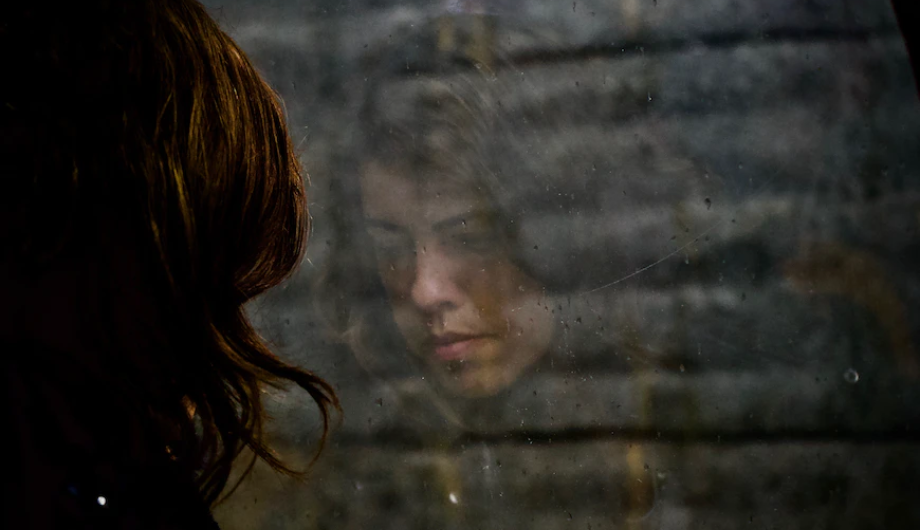
Notes to Editors
R, a survivor of domestic abuse whose case study is included in the report is available for comment, though identity protection will be required.
Jessica Asato, Head of Public Affairs and Policy and one of the authors of the report is also available for media requests.
Medina Johnson, CEO of IRISi which provides the IRIS Advocate Educator intervention for domestic abuse survivors in 16 London boroughs is also available for interview.

